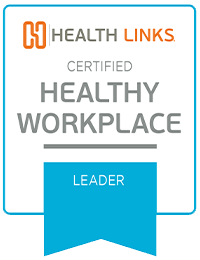
“Should an emergency occur, you need to put your own oxygen mask on first, before attempting to help those around you.”
We see this analogy, borrowed from flight attendant speeches prior to takeoff, most often used in discussions of leadership and self-care. You need to take care of yourself before you can take care of others. In the case of Ariel Clinical Services, this analogy speaks to the crucial role of employee health, safety, and well-being.
Ariel Clinical Services is a non-profit organization that provides safe, nurturing, and supportive environments for clients so that they can develop their strengths, maximize their potential and fully participate in society. The organization works with children who have been abused and neglected, adults with developmental disabilities, parents involved with the child welfare system, and children and families looking for mental health services. In 2021, Ariel Clinical Services won the Health Links’ Champion of Well-being Award in the Leader category.
“Our mission is to provide healthy, safe, nurturing, and supportive environments for all our clients, so they can maximize their potential. But now, with a wellness lens, we are thinking much more broadly about health and wellness,” said Rebecca Hobart, LCSW, chief executive officer for Ariel Clinical Services.
Here is where the oxygen mask analogy resurfaces. Every staff member at Ariel Clinical Services supports the health, safety and well-being of their clients. But these valued employees first need to care for themselves and put on their own masks before they can care for others.
Since the COVID pandemic, Hobart and her team have been focused on client and employee safety more than ever before. “Wellness really ties into safety and it all ties into our mission and vision. But at this point, it feels so much deeper, more inclusive, and more accepted as a practice,” said Hobart.
Safety was not always top of mind for Ariel Clinical Services. Like so many managers in her line of work, Hobart viewed safety as an issue primarily for construction workers and individuals with physically risky jobs. It wasn’t until an employee complained about not feeling adequately trained to handle client-related safety concerns that Ariel Clinical Services took a closer look at its practices.
“I felt terrible about that situation,” said Hobart, “but it launched us into action and I began to gather resources from similar organizations on how to ensure the safety of our staff.”
We knew that our business relied on our staff. They are the key component that we deliver to our clients, and I really wanted to make sure that we were taking care of them,” she said. “My biggest take home from that time was that I really needed to listen to employees’ safety concerns.”
Ariel Clinical Services has since established safety check-ins so that when employees tell supervisors they do not feel safe, the organization responds swiftly. Ariel Clinical Services also conducts a quarterly inventory of safety protocols and staffs a crisis response team.
Ariel Clinical Services began working with Health Links™ around this same time, initially to improve employee well-being. With the help of a Health Links advisor, Ariel Clinical Services developed its first holistic Total Worker Health® program.
Employee health and well-being benefits have surged along with the organizations’ safety supports. Ariel Clinical Services pays 100% of its staff’s health, medical and dental insurance premiums, something it never considered before working with Health Links. It finds creative ways to encourage employees to pursue healthy lifestyles, including taking walking meetings and promoting fresh food in its offices. The organization has recently started offering employees flexible ways to invest in personalized well-being activities.
“You have to show up when you do our work. You have to be present and being happy and healthy is a big part of it. Investing in people is worth it because we're a people-serving business,” said Hobart.
“We also really promote our Employee Assistance Program,” she said. “Our employees know that it is available to use during their workday. We lost a staff person to COVID last year and encouraged our employees to see their therapist or a grief counselor. We are really boosting our benefits.”
Hobart admits that Ariel Clinical Services still has work to do around engaging staff of all levels in its Total Worker Health initiatives. “We want to create what we’re calling a Culture of Awesomeness,” said Hobart. “We are making a commitment to people, wages, benefits, and culture. We want people to know that when they come to work here that we really do care about them, we care about them as a staff person, but also, we're going to support them as a whole person.”
Like many leaders, Hobart feels the pressure to create more flexible work environments for employees. She does not shy away from this.
“You need to start taking care of your employees or they're not going to work for you. It feels more urgent, more critical, than ever before,” she said, “and I don't mind that. I think it's okay for all of us to say that we need jobs that are manageable and safe. We need balance in our lives.”
Written by Laura Veith, communications and media program manager for the Center for Health, Work & Environment at the Colorado School of Public Health.
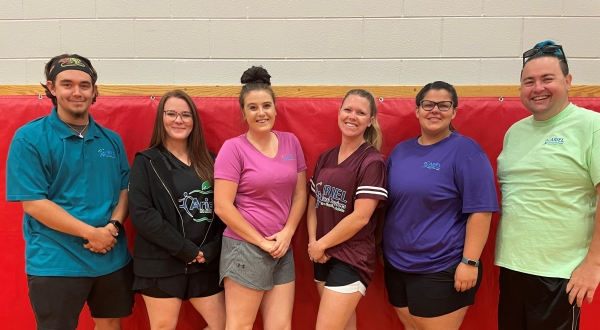
Ariel Mermaids Dodgeball Team
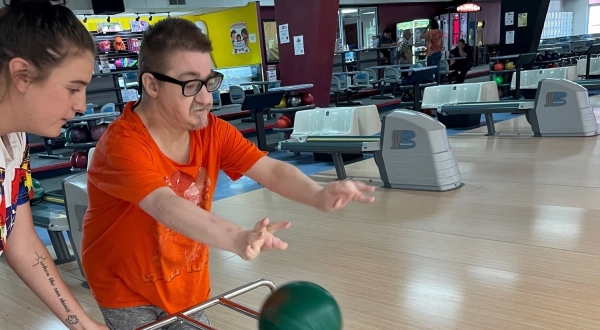
Staff bowling with client
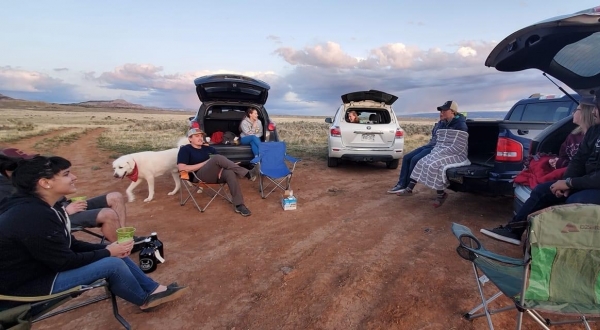
Ariel staff well-being activity
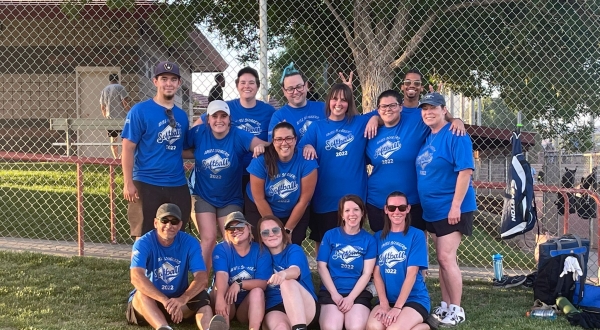
Ariel Slugger Softball Team
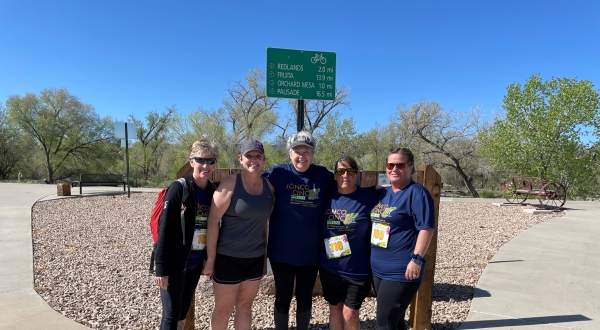
Ariel staff 5k race
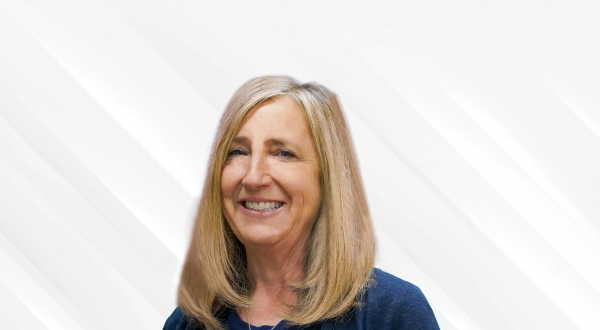
Becky Hobart, CEO